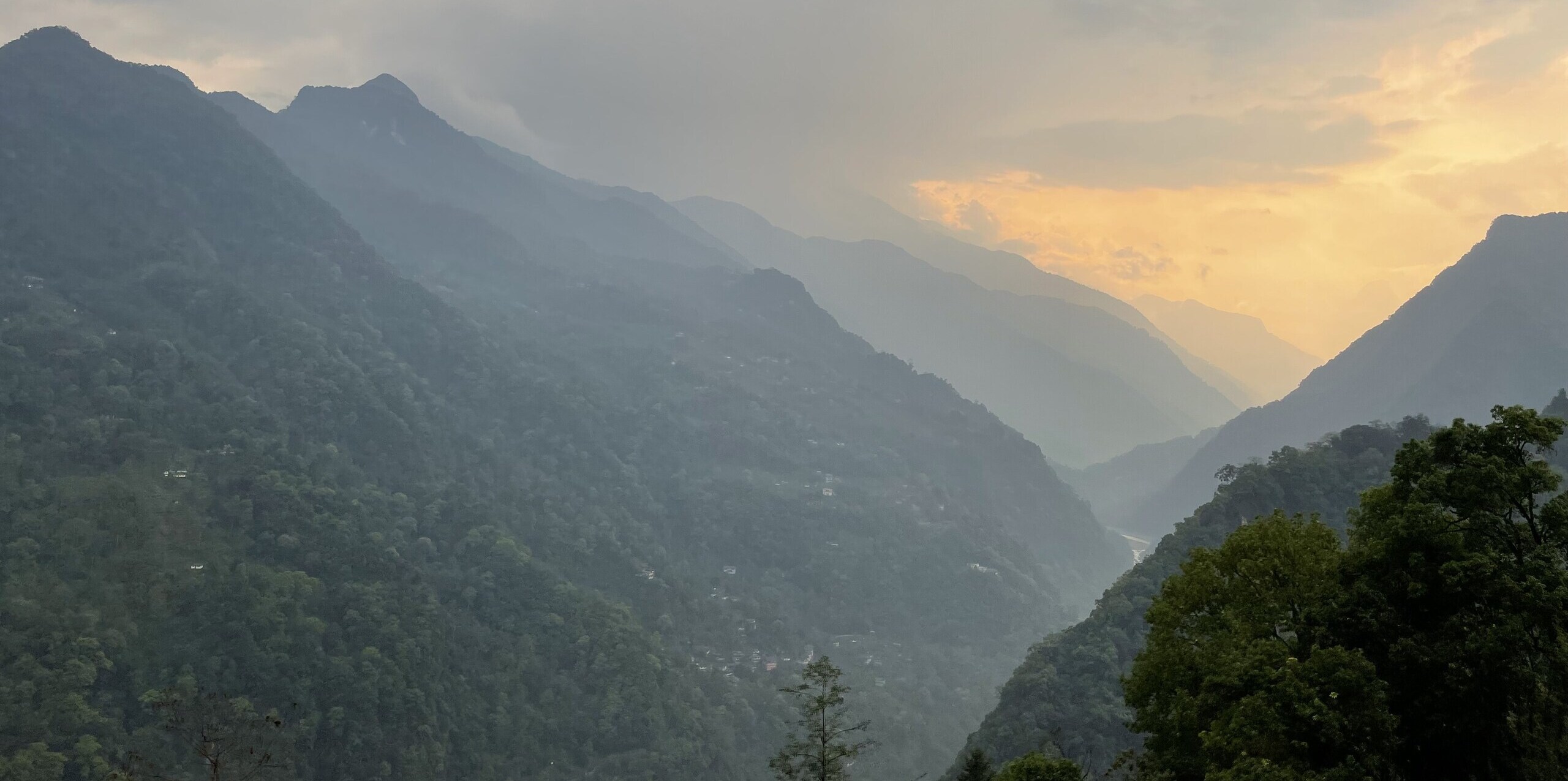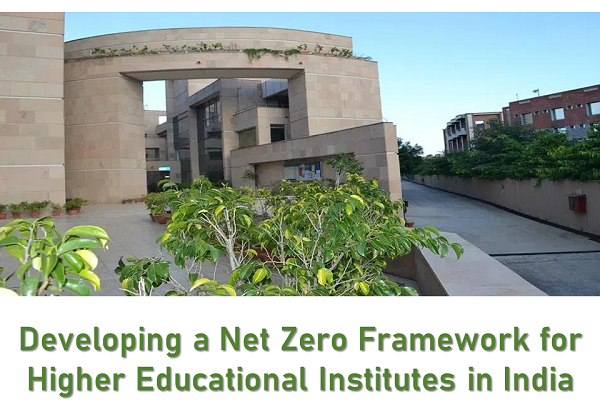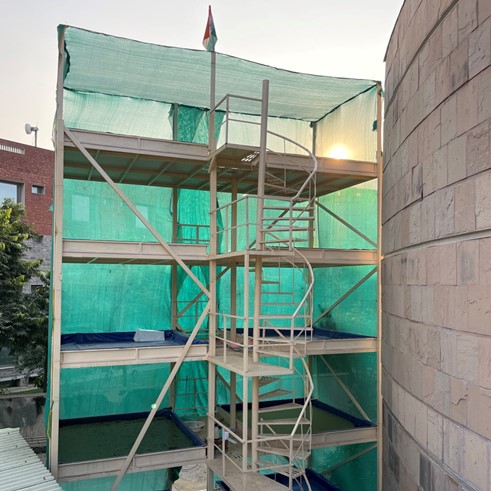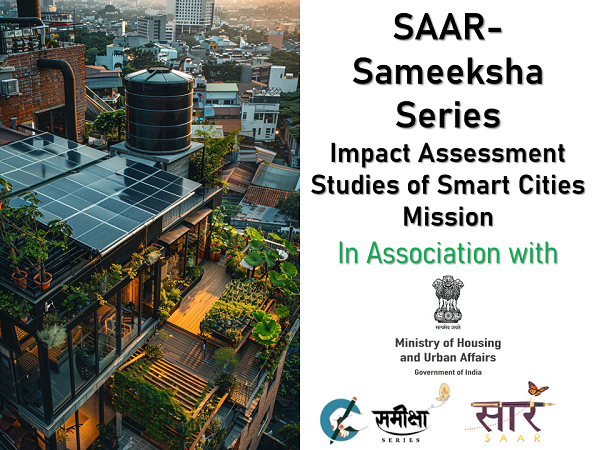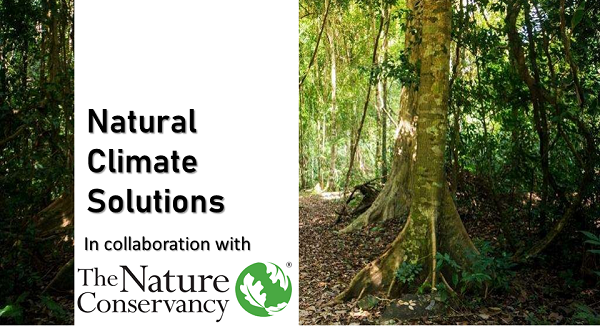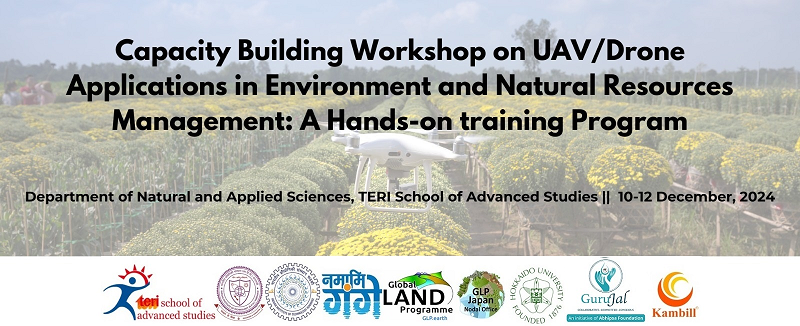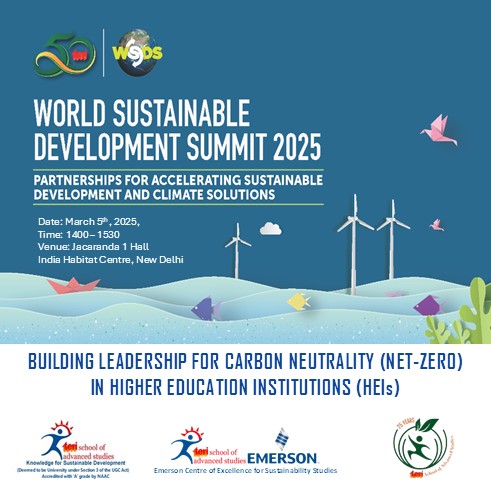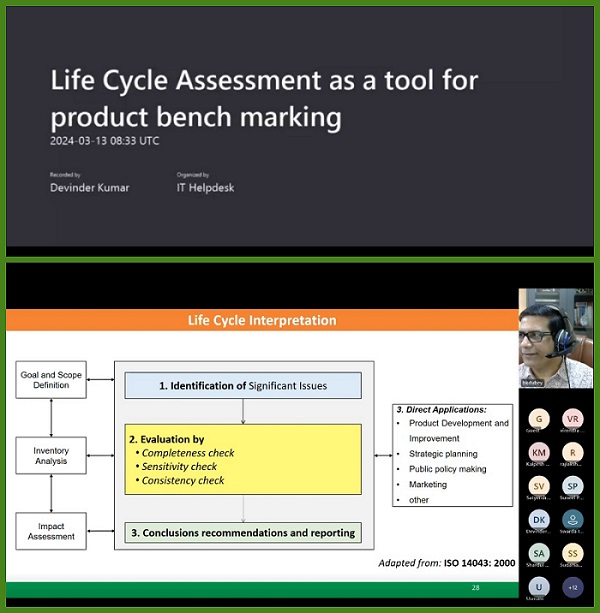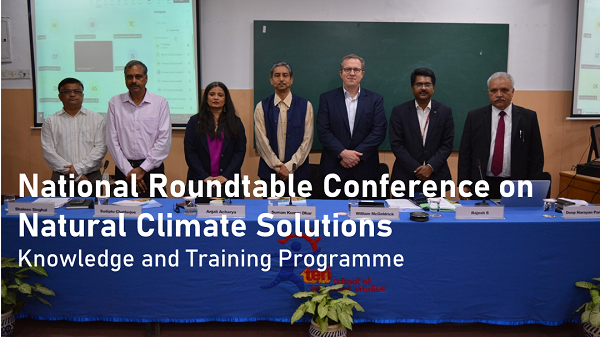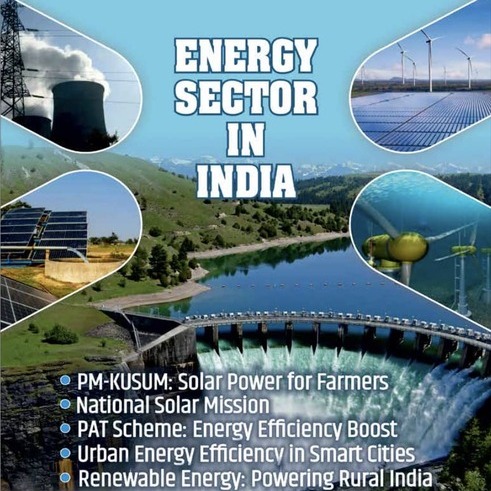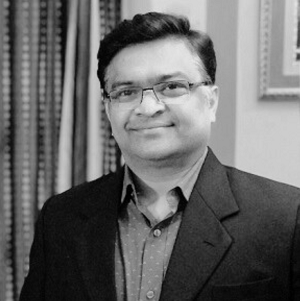
Prof. (Dr.) Shaleen Singhal
At the Emerson Centre of Excellence for Sustainability Studies at TERI School of Advanced Studies (TERI-SAS), we are committed to examining and addressing some of the most pressing sustainability challenges of our time. Established in collaboration with Emerson Electric Co. (India) Pvt. Ltd., our Centre aspires to foster innovative research, build capacity, and contribute to solutions that support sustainable development.
Our work focuses on the inherently complex and interconnected dimensions of sustainability-spanning environmental, social, economic, cultural, and policy aspects. Many of these challenges, often described as "wicked problems," resist simple solutions due to their multifaceted nature. Addressing such multifaceted issues requires a paradigm shift from linear decision-making processes to more dynamic, inclusive, and adaptive approaches. Recognizing this, we are striving to embrace 'knowledge co-production' - an approach that integrates diverse perspectives towards generating sustainability solutions.
By engaging with a broad spectrum of stakeholders such as policymakers, researchers, practitioners, communities, and industries, we seek to create collaborative processes that make sustainability solutions context-specific and practical. Through emphasis on science-policy-practice interface, we hope to contribute to enhancing environmental governance, strengthening institutional capacities, and fostering sustainable transitions in critical areas such as climate change adaptation, energy, sustainable urban development, water and waste management, and ecosystem resilience.
Our ongoing initiatives reflect our commitment to co-creating knowledge and actionable solutions. For instance, we are in the process of developing a framework to support Higher Educational Institutions (HEIs) in their transition towards net-zero emissions. The project's participatory approach involves institutional leaders, faculty, students, and administrative staff working together to craft sustainability strategies tailored to their unique contexts. Similarly, our research on water, sanitation, and hygiene (WaSH) management at the Maha Kumbh - one of the world's largest religious gatherings - highlights the importance of culturally sensitive interventions. By engaging multiple stakeholders, including pilgrims, local authorities, religious leaders and experts, we aim to contribute to the development of inclusive approaches that align environmental sustainability with deeply rooted social practices. At the Emerson CoE, we believe that sustainability is not just a goal but a continuous and evolving journey. We recognize that meaningful change requires sustained collaboration, innovation, and resilience. Through the process of knowledge co-production, we hope to address the challenges faced by various communities and we acknowledge that much remains to be done, and we are committed to learning, adapting, and working collectively to build a more sustainable and resilient world.
- Deliver impactful research for evidence-based decision-making.
- Strengthen the Science, Policy and Practice Interface to address critical sustainability challenges.
- Fostering collaboration and partnerships for advancing sustainability research by building capacity and leadership of communities through the co-production of knowledge.


